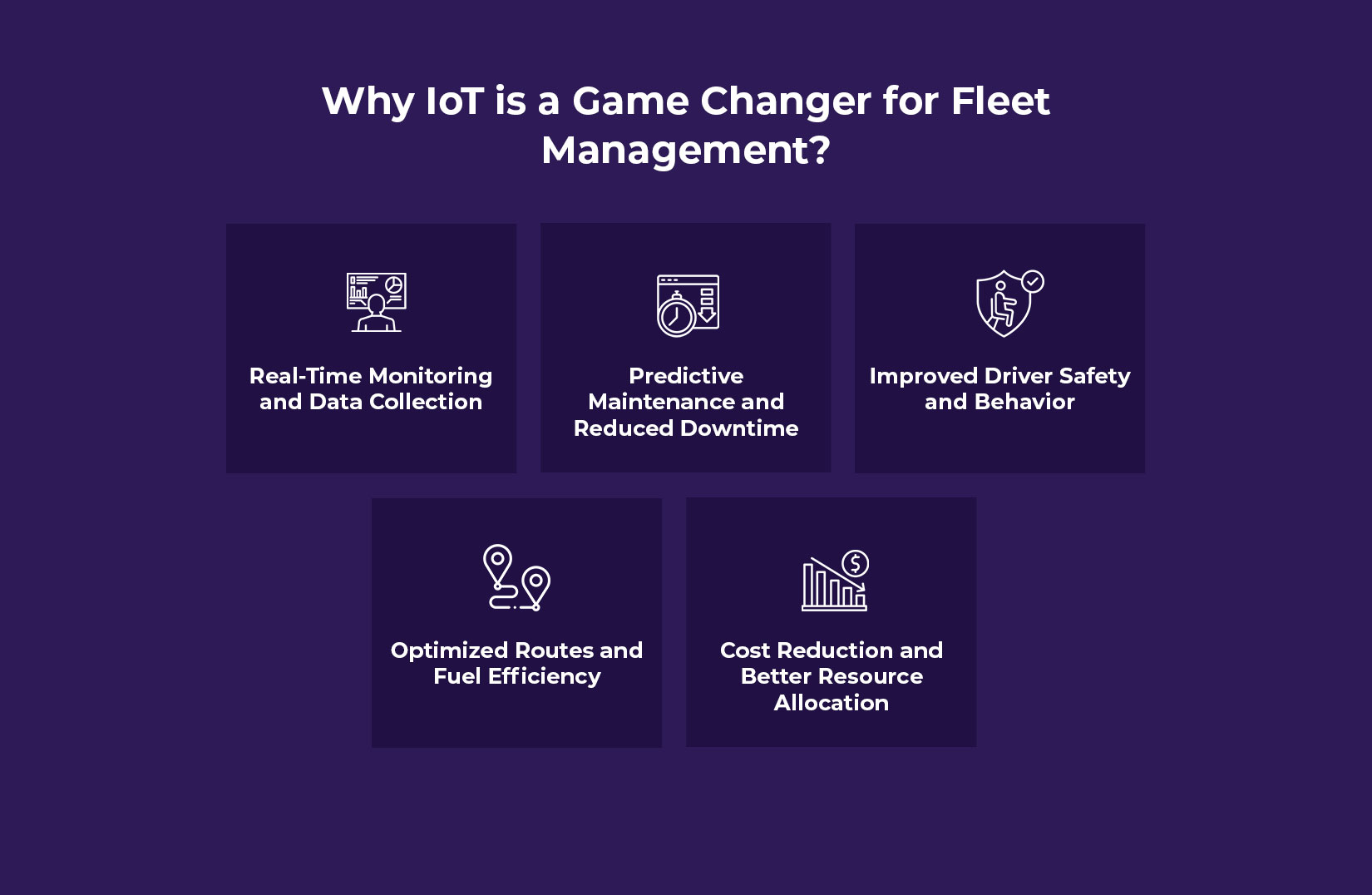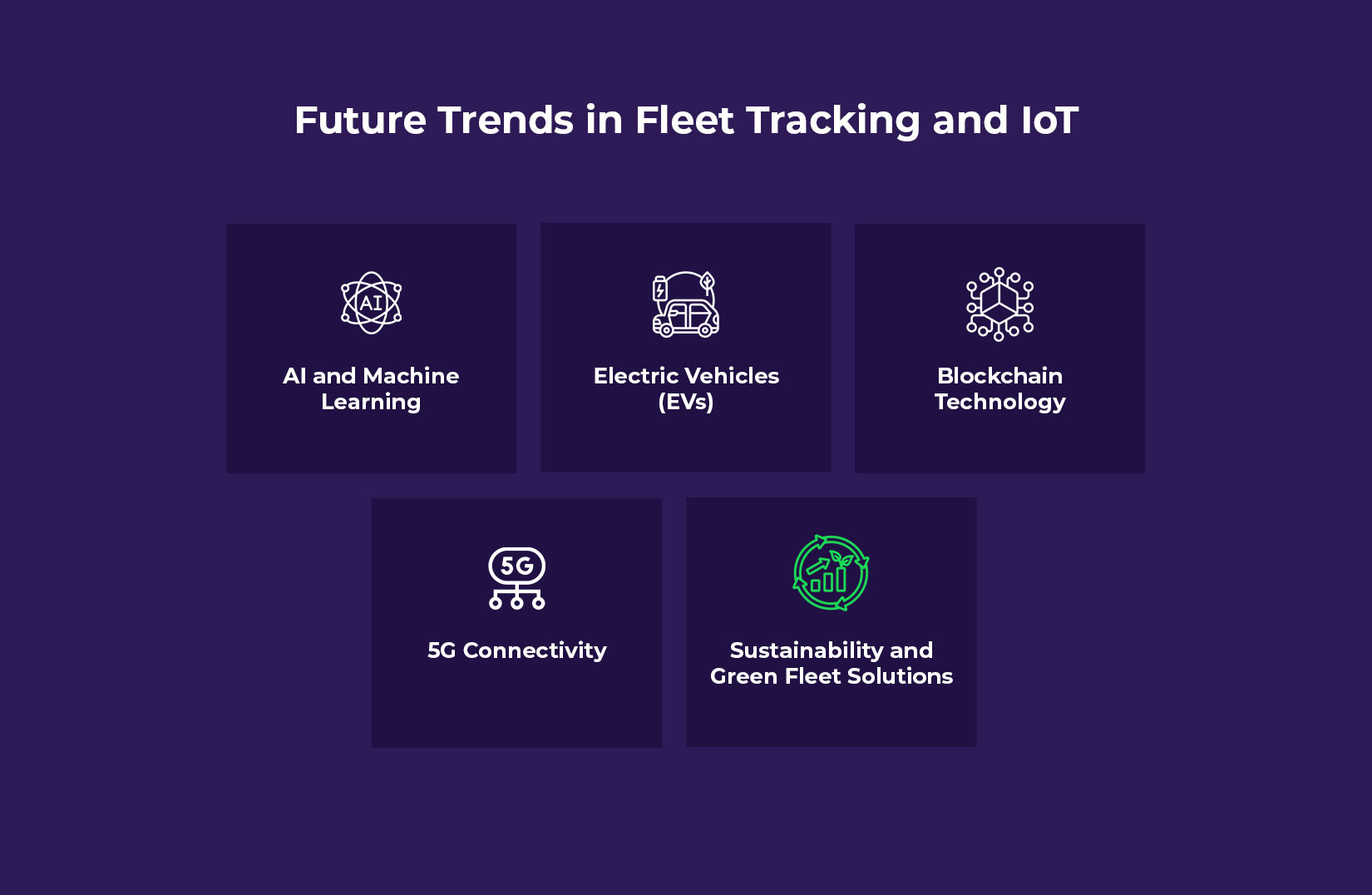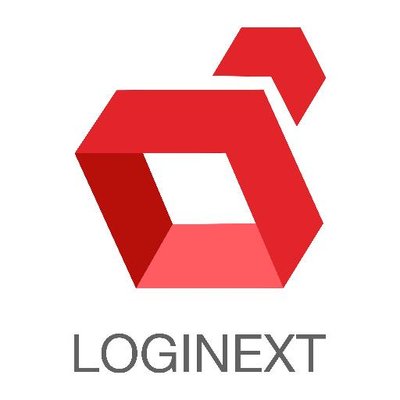
The logistics industry is constantly evolving, and one of the most transformative developments in recent years is fleet tracking. Fleet management solutions powered by the Internet of Things (IoT) have revolutionized the way businesses monitor. By integrating IoT technology with fleet tracking software, companies can access real-time data that enhances decision-making and optimizes routes. This integration also improves efficiency and ensures better safety. In this blog, we will explore how IoT has changed the fleet management landscape, and why the software is essential today.
Understanding Fleet Tracking and the Role of IoT
Fleet tracking is the process of monitoring the location, status, and performance of vehicles in a fleet. Traditionally, fleet managers relied on manual methods and basic GPS systems for this purpose. However, with the rise of IoT technology, fleet tracking systems have become smarter and more efficient. They now offer advanced capabilities such as real-time monitoring, predictive maintenance, and driver behavior analysis.
The Internet of Things refers to a network of interconnected devices that communicate with each other over the internet. In the case of fleet tracking, IoT-enabled devices are installed in vehicles to collect and transmit various types of data. This includes information such as location, speed, fuel consumption, engine diagnostics, and driver habits. This data is then analyzed by fleet tracking platforms, providing valuable insights that improve operational efficiency and reduce costs.
Why IoT is a Game Changer for Fleet Management?

1. Real-Time Monitoring and Data Collection:
One of the most significant benefits of integrating IoT with fleet tracking software is real-time monitoring. Fleet managers can track the exact location of their vehicles at any given moment, enabling them to make informed decisions quickly. According to a study by Verizon, real-time tracking can reduce fuel costs by up to 30% and improve fleet productivity by 25%.
2. Predictive Maintenance and Reduced Downtime:
Downtime can be costly for any business that relies on a fleet of vehicles. IoT devices in these systems can monitor the health of a vehicle’s engine, tires, fuel levels, and other critical components. By analyzing this data, fleet tracking software can predict when maintenance is needed before a breakdown occurs. Research from Frost & Sullivan shows that predictive maintenance can lower vehicle downtime by 20% and reduce maintenance costs by up to 25%.
3. Improved Driver Safety and Behavior:
Another major advantage of IoT-powered fleet tracking systems is the ability to monitor driver behavior. Fleet tracking software can track metrics such as speed, harsh braking, rapid acceleration, and idling time. By analyzing these metrics, fleet managers can identify unsafe driving habits and provide training to improve driver performance. According to the National Highway Traffic Safety Administration (NHTSA), improving driver behavior can reduce accidents by up to 45%. This reduction can save businesses millions in insurance claims and liability costs.
4. Optimized Routes and Fuel Efficiency:
Optimizing routes is crucial for any fleet, as it directly impacts fuel efficiency and delivery times. IoT-powered fleet tracking systems can analyze traffic patterns, road conditions and weather reports to suggest the best most efficient routes. A McKinsey & Company report highlights that route optimization can reduce fuel consumption by 15% and cut delivery times by 10%.
5. Cost Reduction and Better Resource Allocation:
The combination of real-time tracking, predictive maintenance and route optimization leads to significant cost savings for businesses. Fleet tracking software provides detailed reports on fuel consumption, driver behavior, and vehicle performance, which can help managers identify areas for improvement. According to research by Berg Insight, businesses that adopt IoT-based fleet management systems can significantly reduce operational costs. These systems help lower overall expenses by 15% to 20%.
Future Trends in Fleet Tracking and IoT

1. AI and Machine Learning:
This will drive predictive insights, automating tasks like route optimization and maintenance scheduling. These technologies will improve efficiency by learning from historical data and making smarter decisions over time. AI can also enhance safety by predicting risks and alerting fleet managers to potential issues before they escalate.
2. Electric Vehicles (EVs):
EVs will become an integral part of fleets as businesses aim to reduce their carbon footprint. Fleet tracking software will need to monitor battery performance, charging times and optimize routes based on charging station availability. As EV adoption increases, fleet managers will require that ensure operations and minimal downtime. According to Bloomberg, EVs could account for 58%of new vehicles sales by 2040.
3. Blockchain Technology:
Blockchain technology will enhance security and transparency in fleet tracking systems. It will help create tamper-proof records of vehicle data, including maintenance logs and driver performance, ensuring accountability and trust. This technology will be particularly useful for industries, that require high levels of traceability, such as logistics and food supply chains. A study by PwC shows that blockchain adoption in logistics could increase transparency and reduce fraud by 50%.
4. 5G Connectivity:
5G enables faster data transmission between IoT devices, improving real-time tracking. With lower latency, fleet managers will receive instant updates, enabling quicker responses to changing conditions. This improved connectivity will also support more advanced IoT applications, such as a remote diagnostics and autonomous vehicle management. Gartner predicts that 2025, 75% of IoT devices will be connected through 5G networks.
5. Sustainability and Green Fleet Solutions:
The platform will focus on reducing fuel consumption and emissions by promoting eco-friendly driving practices and integrating electric and hybrid vehicles. Future fleet management systems will provide detailed sustainability metrics, helping businesses meet regulatory requirements and achieve environmental goals. The International Energy Agency (IEA) projects that carbon emissions from transport could be reduced by 37% by 2050 through sustainable fleet practices.
Conclusion
Fleet tracking and the Internet of Things are fundamentally reshaping how businesses manage their vehicle fleets. By adopting the best fleet tracking software, businesses can unlock the full potential of IoT and drive efficiency, safety, and cost savings. Fleet tracking systems offer real-time insights that help optimize routes, improve driver behavior, and reduce maintenance costs.
As technology evolves, these platforms will integrate more advanced features such as AI, 5G, and blockchain. These innovations will make the systems even more powerful and efficient. Businesses that stay ahead of these trends will not only reduce operational costs but also improve sustainability and customer satisfaction. With IoT at the core of fleet management, the future promises smarter, safer, and more eco-friendly fleet operations. Staying updated with the latest innovations in fleet tracking will be essential for companies in the logistics sector. It will help them maintain a competitive edge in an evolving industry. To stay ahead of the competition and safeguard the future, book a demo with LogiNext Solutions and get the best fleet tracking software available today.


